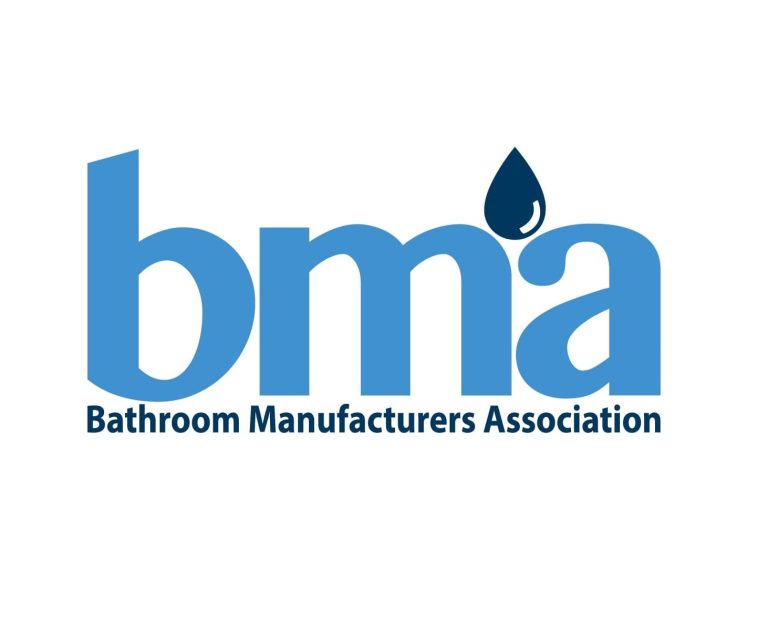The Bathroom Manufacturers Association (BMA) is calling for household water efficiency measures to be included in the upcoming Government spending plans.
In a pre-budget submission, the association has identified a number of ways public spending can be used to help drive down domestic water use and protect this natural resource.
Water scarcity is a crucial issue for the UK, as climate change and population growth are predicted to create a structural deficit in water resources by 2050. Government has launched a National Framework for Water Resources – a strategy which outlines a goal to reduce our average water use from 143 to 110 litres per day. But this will require action in every home in the country, as well as behavioural change.
BMA is calling on public policy makers to incentivise water saving on a national scale and reverse the upward trend in water usage.
Baths and showers are accountable for the highest water consumption in the home, at around 34%, with a further 30% of total water used to flush toilets. About 20% of a typical gas heated home’s use is warming water for showers, baths and taps. These figures mean any drive to improve the nation’s green credentials must include turning our attention to our bathrooms.
We are lobbying Government to consider prioritising water efficiency retrofit measures as part of a wider package of domestic retrofitting over the next two decades.
Recent research carried out by the BMA showed consumers are aware of the need to save water, and around half of those surveyed want to improve their household water efficiency. But worryingly, four in ten adults are not sure how to decrease their water usage.
A Government commitment to systematically roll out change would signal the importance of protecting our water infrastructure and address the legacy issues in the UK’s existing housing stock.
Retrofit is an activity with multiple benefits for Government, society and the environment, creating jobs and boosting the economy in the wake of the pandemic.
To achieve the Government’s zero carbon target by 2050, a national programme is needed, with a central Retrofit Delivery Agency. We must ensure these programmes include water-saving measures to address the ever-increasing pressure on supply.

